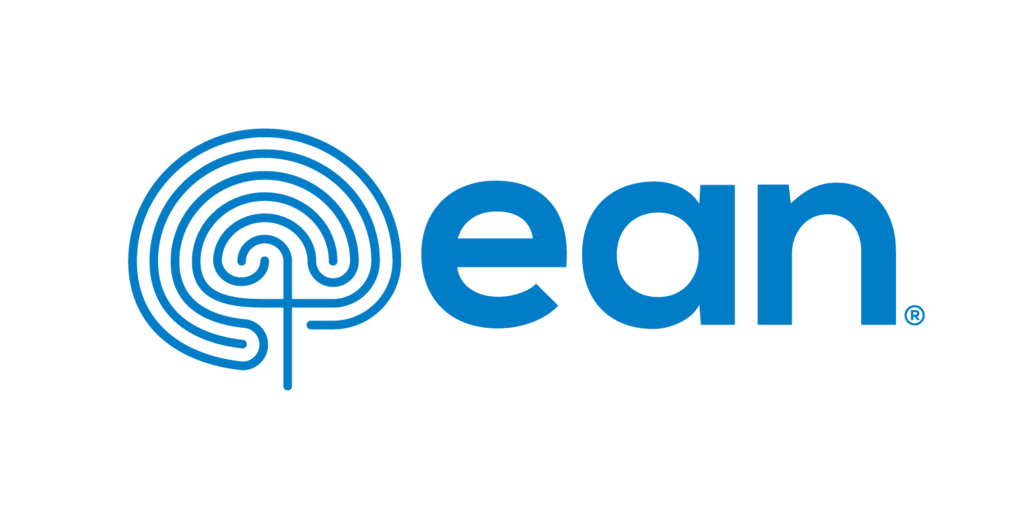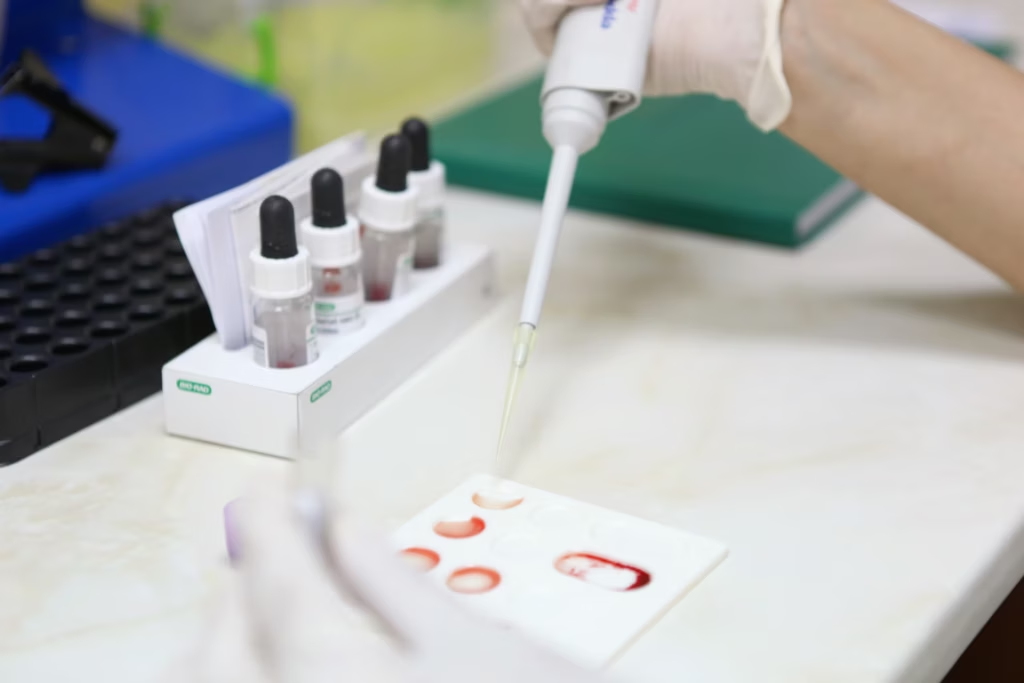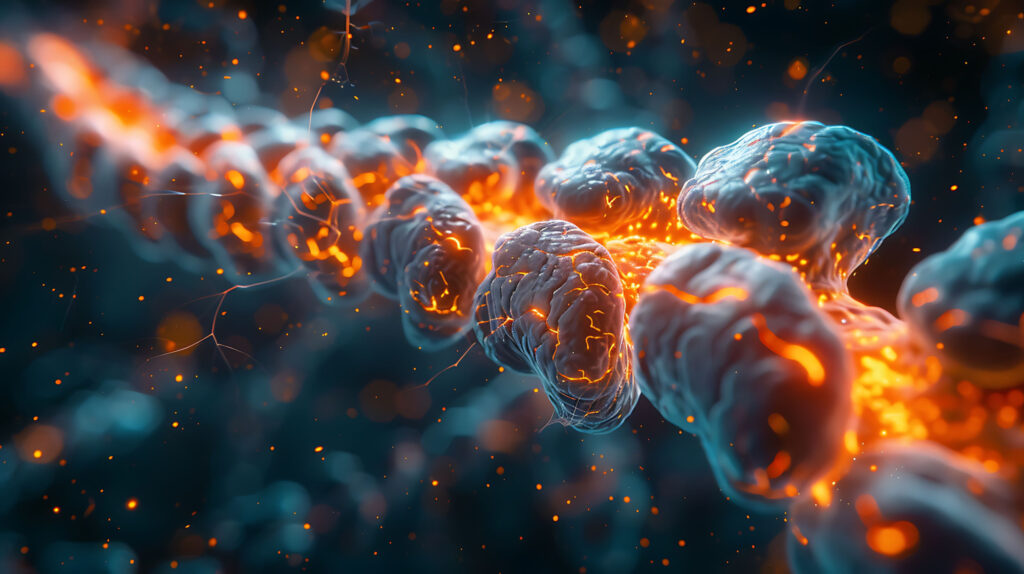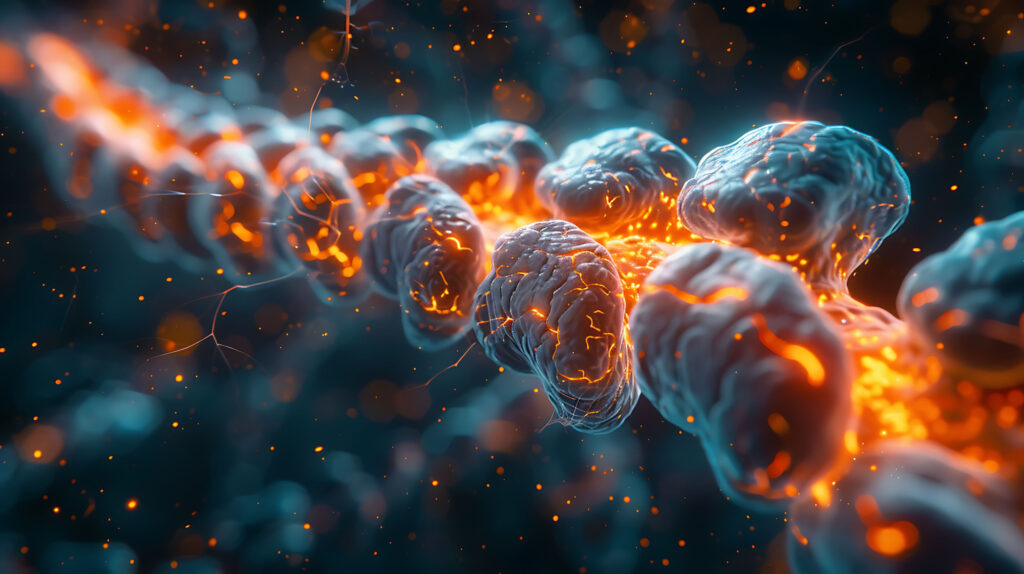Neurodegenerative Diseases
An Introduction to Neurodegenerative Diseases
Huntington’s Disease (HD) is a rare, incurable, inherited and ultimately fatal neurodegenerative disorder characterised by chorea, ataxia, dysphagia, cognitive and behavioural changes. Current therapies offer only symptomatic relief, and many are associated with significant side effects, though pridopidine, a sigma-1-receptor (S1R) agonist has shown potential for both symptomatic treatment and disease modifying effects in HD. Advances in our understanding of the pathogenesis of HD have highlighted the importance of DNA repair genes, and novel approaches, such as the antisense therapy tominersen and the oral agent branaplam, are targeting the mutant huntingtin (mHTT) protein and the HTT gene. However, no disease-modifying therapy is yet approved for HD.
Our supporting partners do not constitute an endorsement of the content on this page.
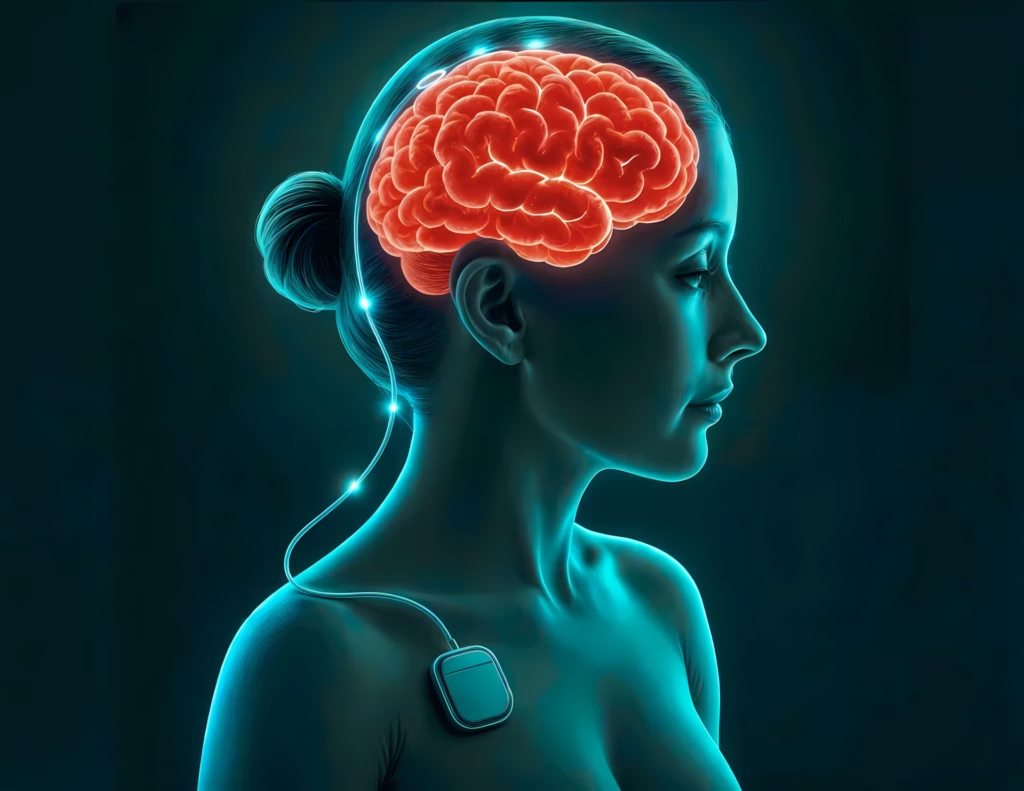
Prof. Joaquim Ferreira shares insights from EAN 2025 on the future of Parkinson’s disease care. He discusses realistic timelines for DMTs, the evolving role of gene therapy for genetic subgroups, and the potential of adaptive deep brain stimulation. Prof. Ferreira also highlights the growing importance of optimizing current treatments, interdisciplinary care, and addressing persistent challenges such as gait disturbance, dyskinesia, and cognitive decline.

At EAN 2025, Prof. K. Ray Chaudhuri shares insights into cutting-edge Parkinson's drug delivery methods, the future of biomarker-driven care, advances in managing sleep disturbances, and the vital role of lifestyle modifications in optimizing patient outcomes.
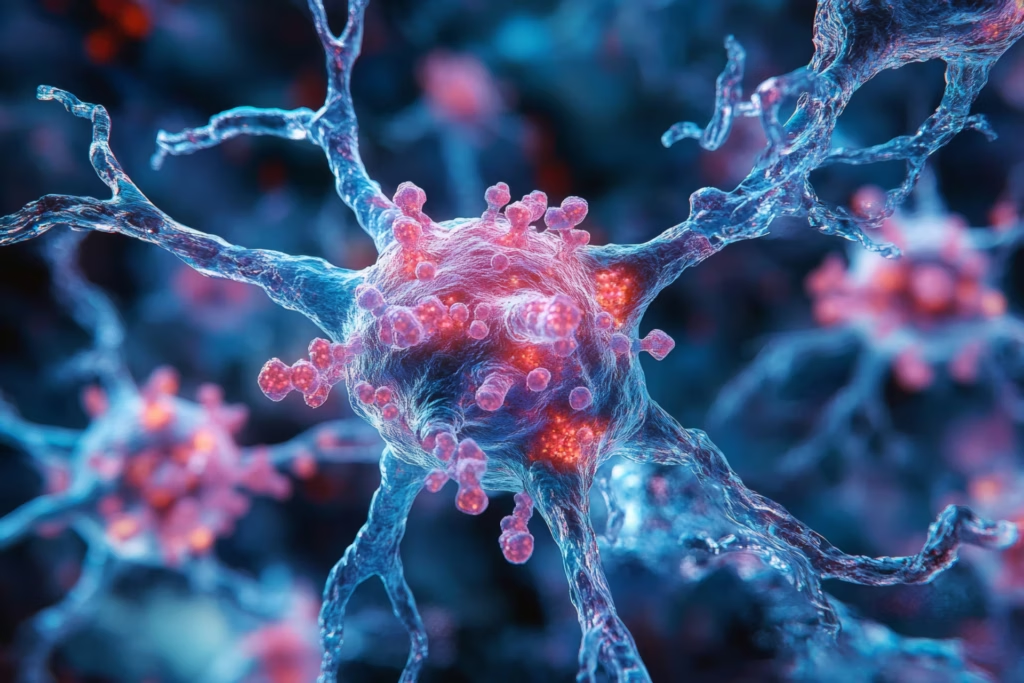
Prof. Bengt Winblad shares insights EAN 2025 on the evolving landscape of Alzheimer’s diagnosis and treatment. He discusses the growing role of biomarkers, the balance between early detection and clinical accuracy, and the challenges posed by the COVID-19 pandemic on dementia care. Prof. Winblad also explores emerging therapies, including monoclonal antibodies, and highlights the importance of combining biomarkers with cognitive testing to improve diagnostic precision and address the rise in undiagnosed cases post-pandemic.
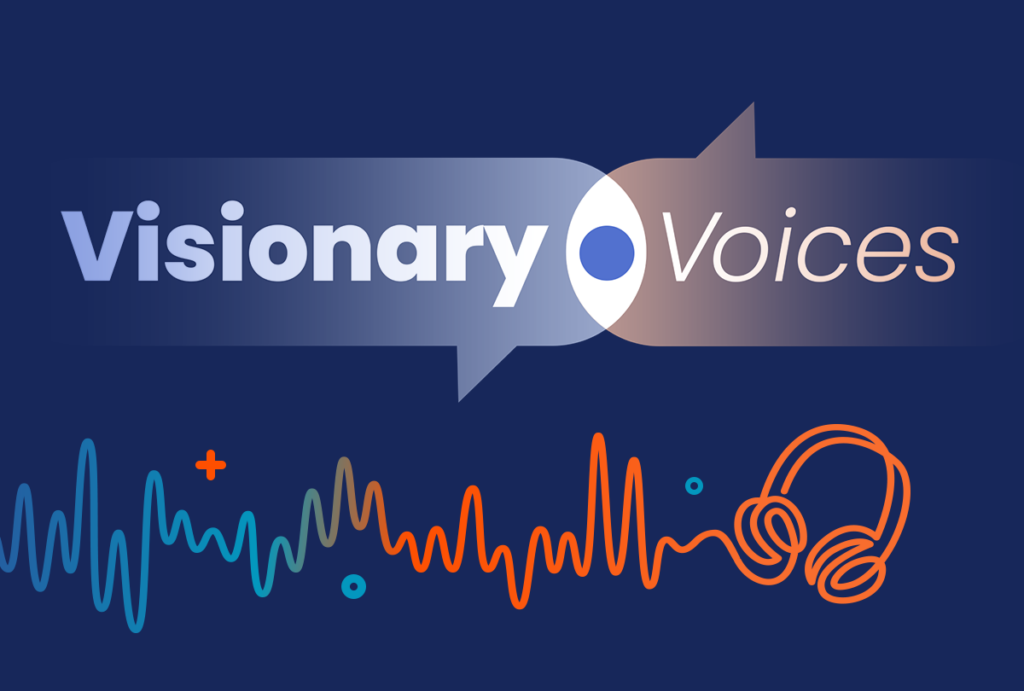
Physician burnout is at a critical point. In this episode, Nicky speaks with Dr Alfred Atanda about why so many physicians are burning out and what can be done to change the trend. From personal experience to system-wide solutions, Dr Atanda shares valuable insights on improving physician well-being and building a more effective healthcare culture.
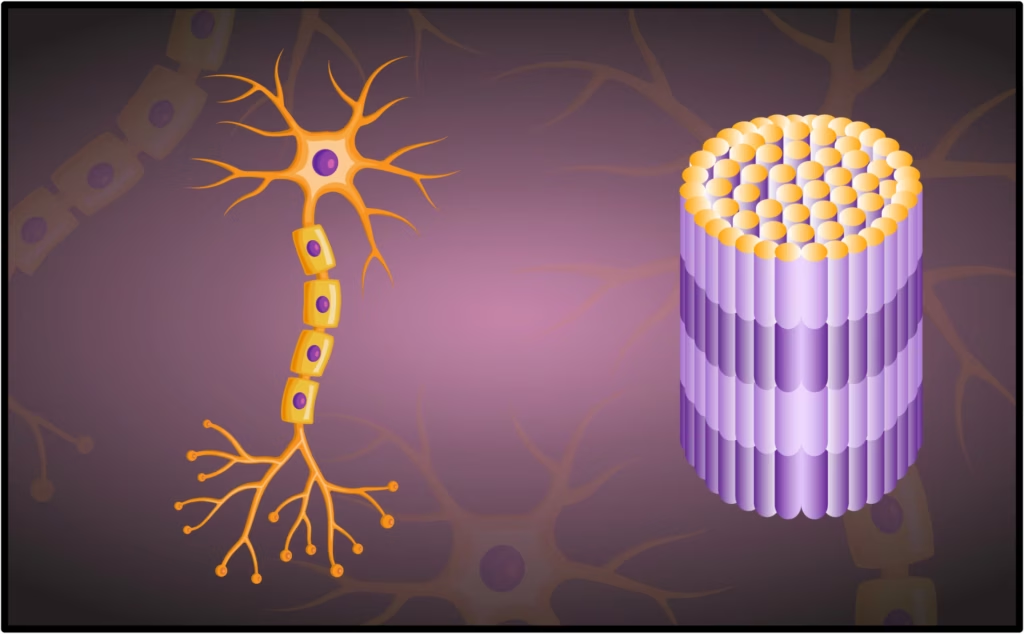
Watch leading experts discuss the use of neurofilament levels as a potential marker in ALS and SMA.
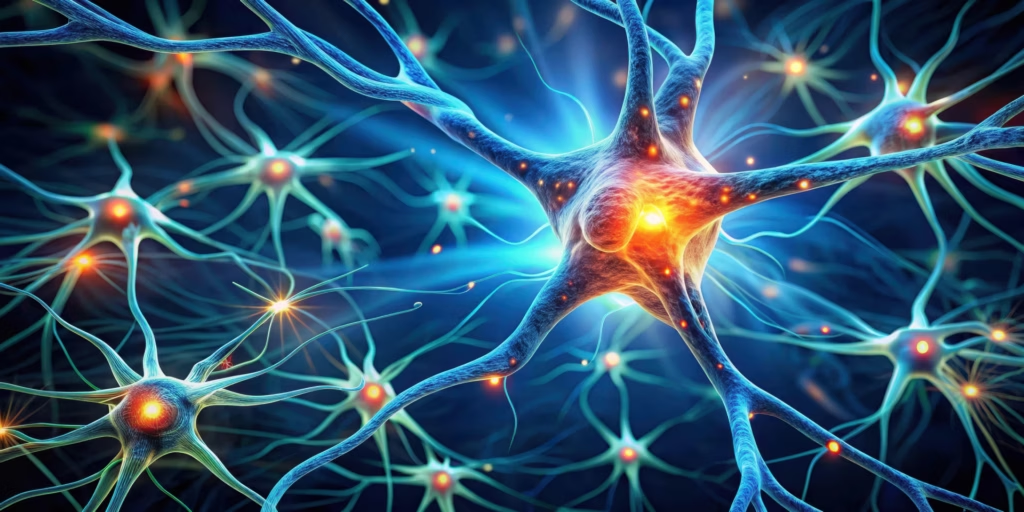
Amyotrophic lateral sclerosis (ALS) is a neurodegenerative disorder of upper and lower motor neurons that results in progressive motor impairment. ALS is the most common disease of motor neurons with an annual incidence of approximately 1.7–2.5 per 100,000 people. It is a ...

In this episode, we explore the future of continuing medical education (CME) with the team behind touchIME. Hannah Fisher and Matthew Goodwin share insights into global and US trends, the importance of patient inclusivity and how educational outcomes are evolving to better measure the direct impact of learning on clinical practice and patient care.
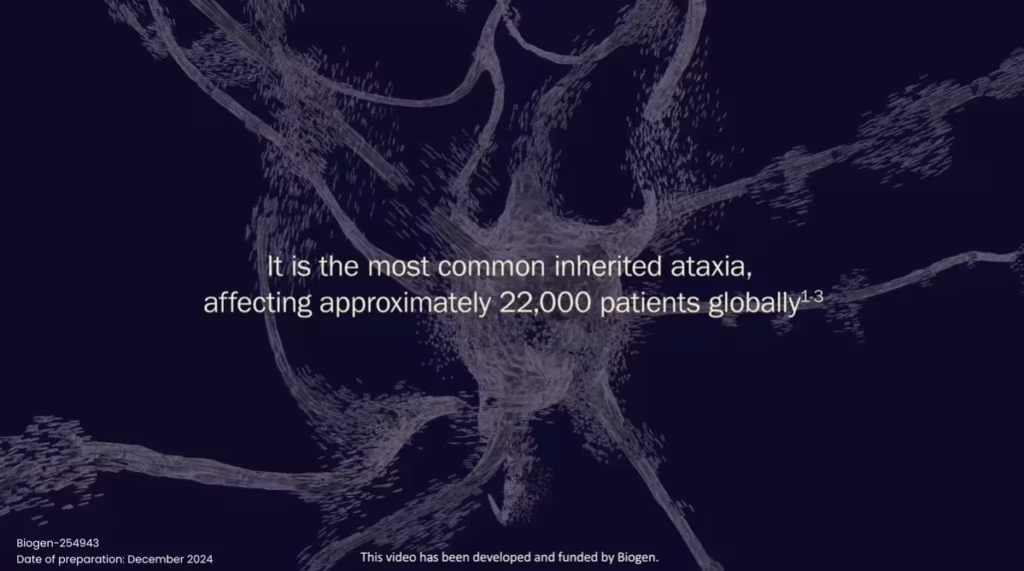
Watch a leading expert discuss the key signs and symptoms of Friedreich ataxia and how to avoid diagnostic delays.
Brain Awareness Week, taking place from March 10-16, 2025, is a global campaign dedicated to fostering public enthusiasm and support for brain science, organised by the Dana Foundation. Each March, participants worldwide organize imaginative activities that highlight the wonders of the brain and the profound impact of neuroscience on our daily lives.
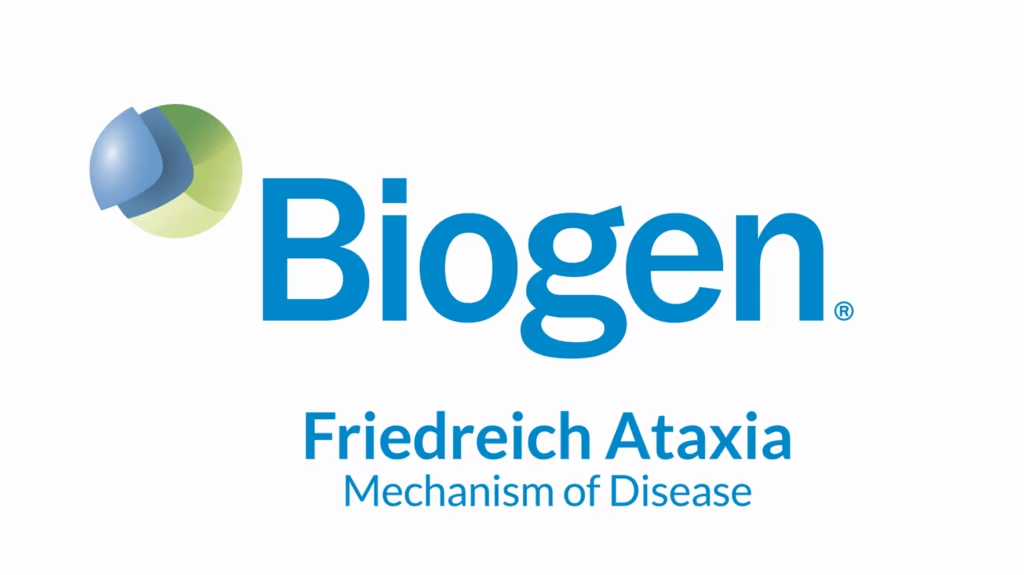
Watch this short video animation to learn how genetic mutations in patients with Friedreich ataxia (FA) translate into clinical symptoms.

As we move through 2025, touchNEUROLOGY remains committed to sharing the latest developments in Parkinson’s disease (PD). Our society partners at Parkinson’s Europe have outlined three key hopes for the year ahead—each representing a crucial step toward better support, understanding and treatment for the Parkinson’s community.
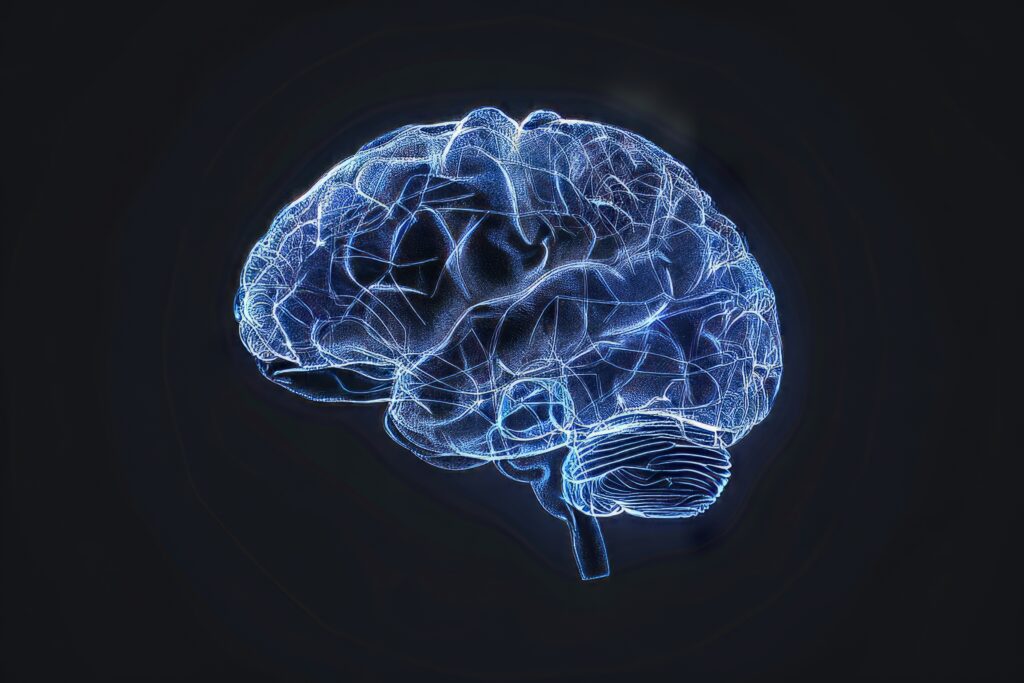
Huntington’s disease (HD) is a neurodegenerative disease inherited in an autosomal dominant manner. It is caused by an expansion of cytosine, adenine, guanine (CAG) repeats within the huntingtin (HTT) gene, which is located on chromosome 4. This pathological expansion of ...
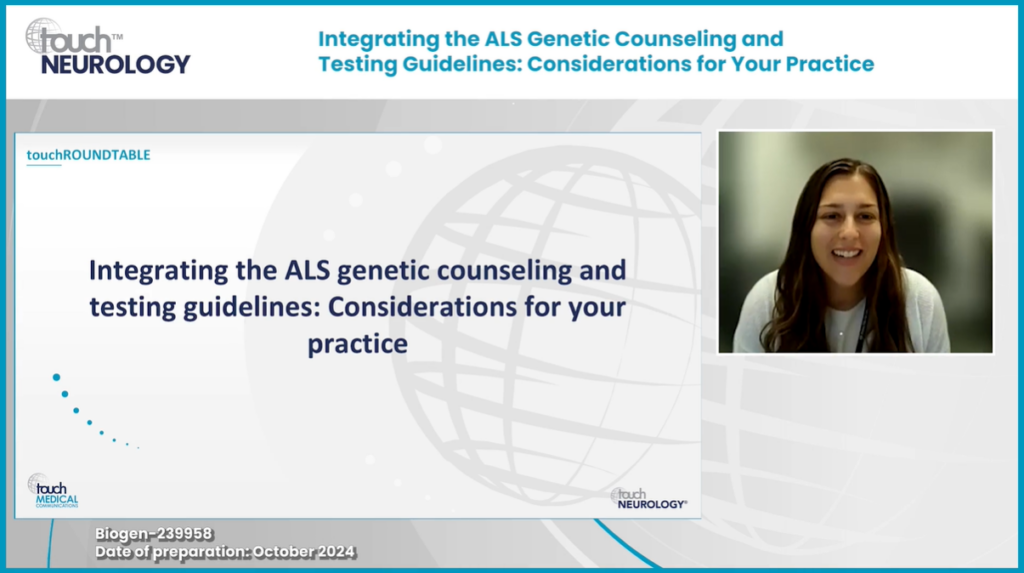
Learn from leading genetic counsellors on how to integrate the ALS genetic counseling and testing guidelines into clinical practice.

In this episode, we’re joined by Bradley Love, Professor of Cognitive and Decision Sciences at UCL, ELLIS fellow, and creator of BrainGPT. We discuss how this large language model is poised to assist researchers in advancing their work.
Latest articles videos and clinical updates - straight to your inbox
Log into your Touch Account
Earn and track your CME credits on the go, save articles for later, and follow the latest congress coverage.
Register now for FREE Access
Register for free to hear about the latest expert-led education, peer-reviewed articles, conference highlights, and innovative CME activities.
Sign up with an Email
Or use a Social Account.
This Functionality is for
Members Only
Explore the latest in medical education and stay current in your field. Create a free account to track your learning.


